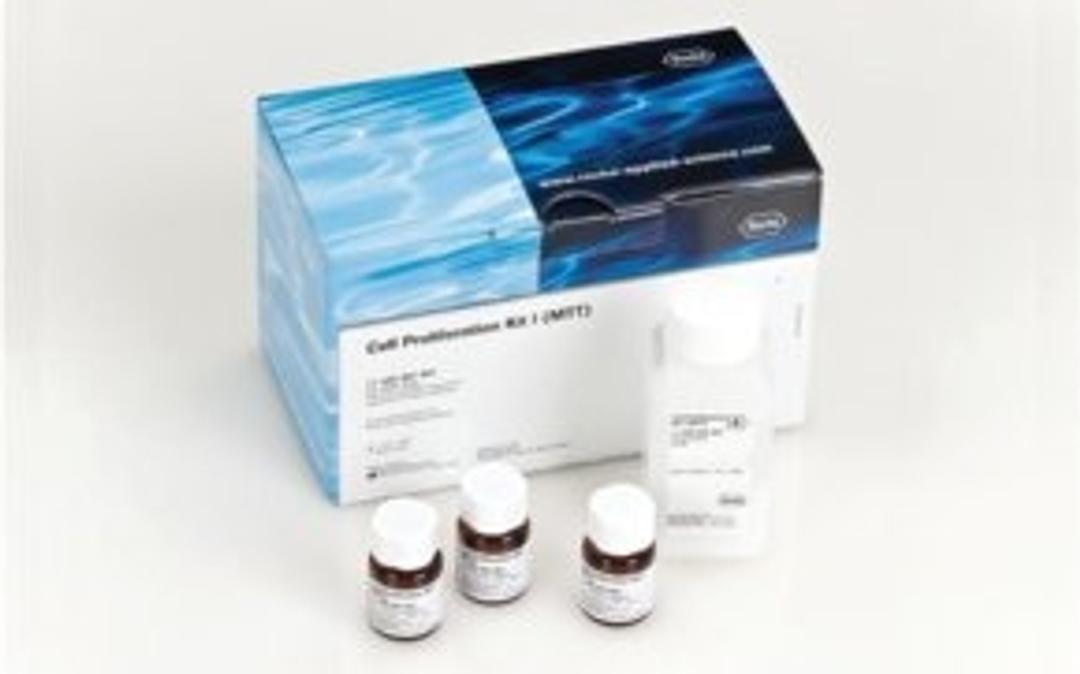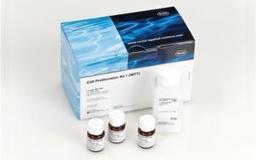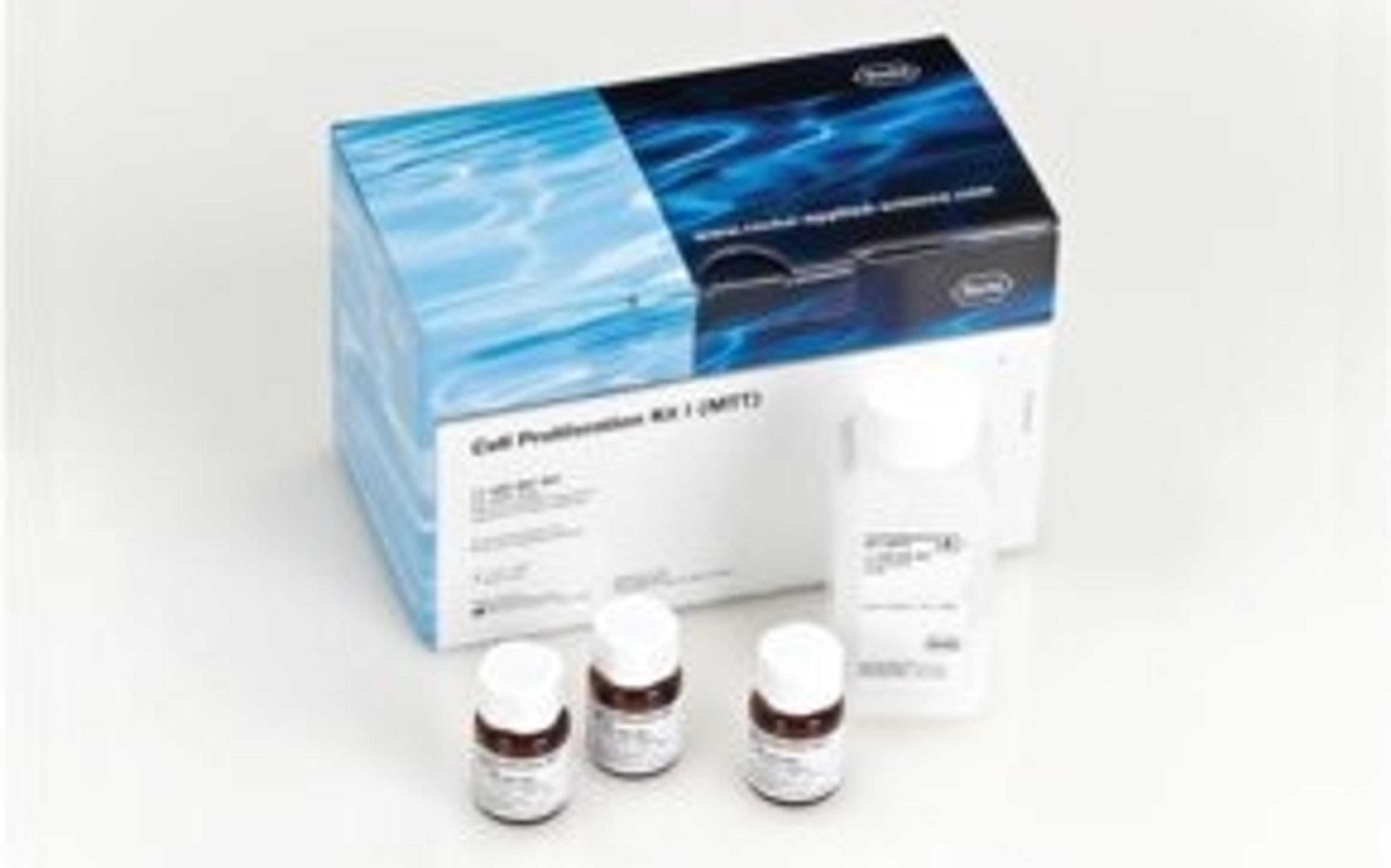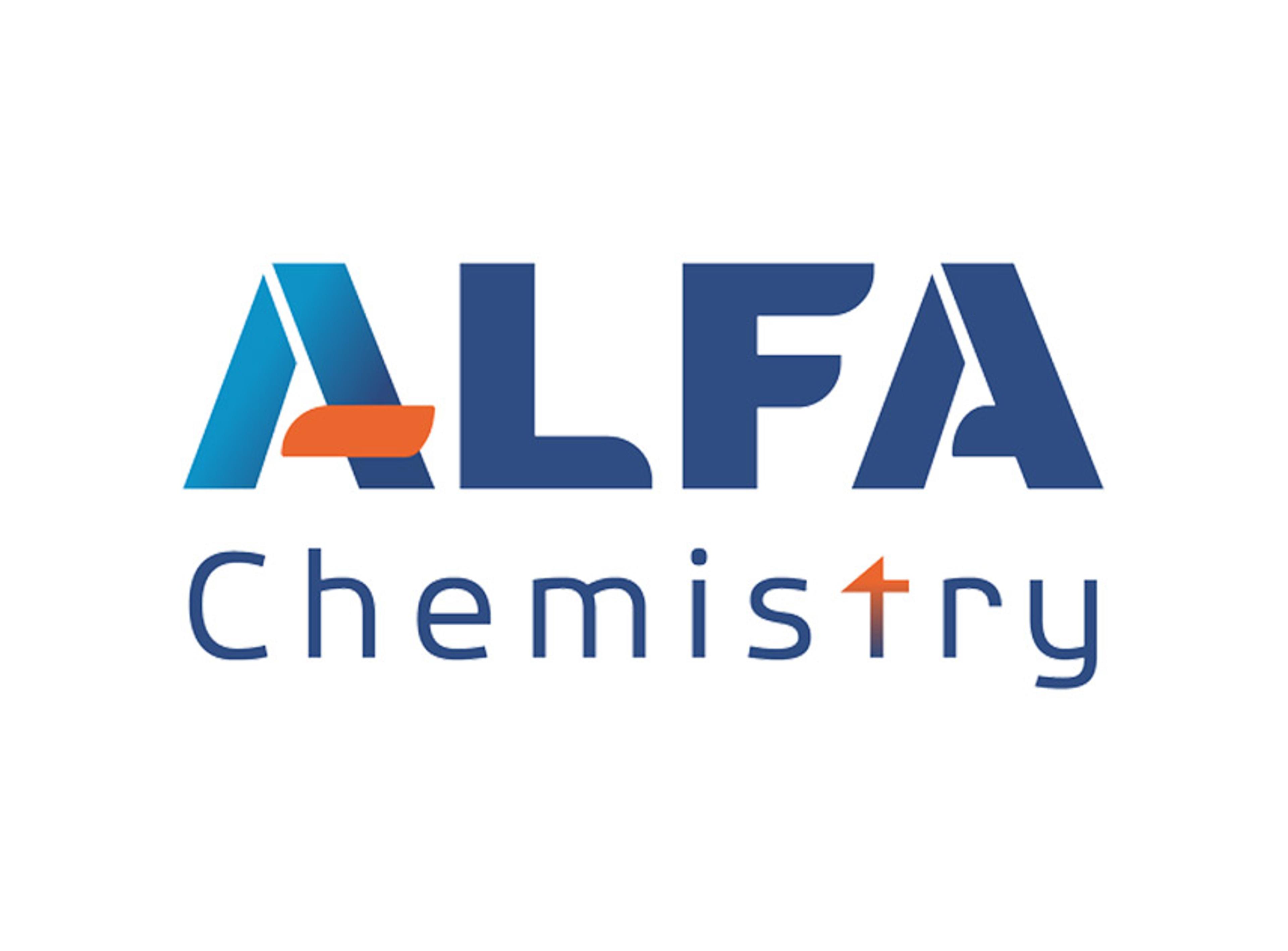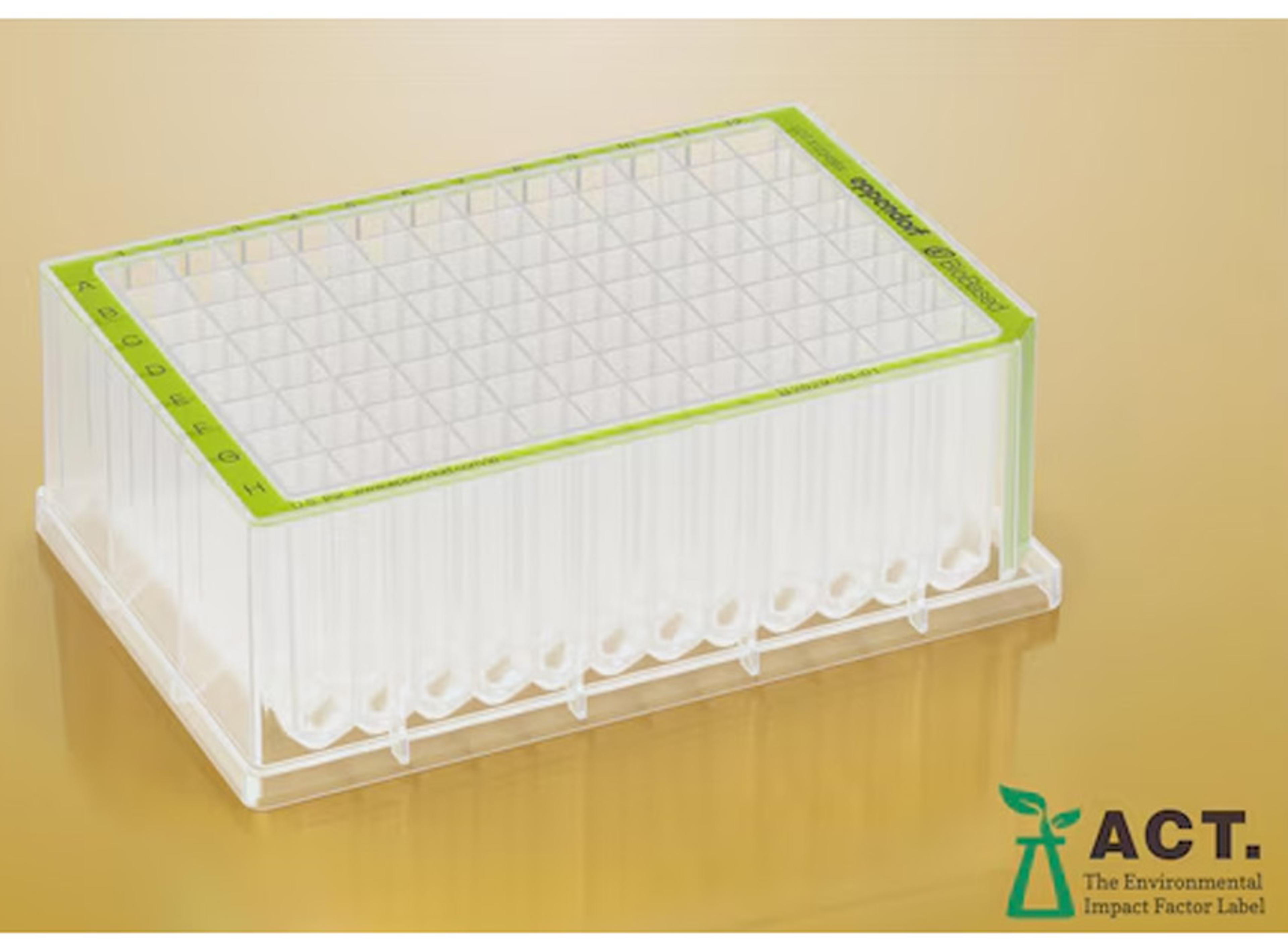Cell Proliferation Kit I (MTT)
The Cell Proliferation Kit I (MTT) is a colorimetric assay for the non-radioactive quantification of cellular proliferation, viability, and cytotoxicity.

The supplier does not provide quotations for this product through SelectScience. You can search for similar products in our Product Directory.
Recommendable product
Toxicity Tests
The Kit was easy to use but lacked some visible information about additional necessary chemicals. It would have been nice to see on the product's website which other chemicals are mandatory to utilize the Kit instead of reading it in the protocol. Otherwise, we had no problems. The protocol came with helpful, theoretical background of the reaction and was easy to understand.
Review Date: 19 May 2023 | Merck
Excellent kit! Makes my work easier.
Measurement of cell proliferation, analysis of cytotoxic and cytostatic compounds
Its use is really safe and easy. The kit eliminates radioactive isotopes, washing steps, and additional reagents. Its accuracy is remarkable, the absorbance obtained strongly correlates to the cell number. Its high sensitivity detects low cell numbers, and it’s fast since it processes a large number of samples using a multi-well ELISA reader.
Review Date: 24 Dec 2020 | Merck
The Cell Proliferation Kit I (MTT) is a colorimetric assay for the nonradioactive quantification of cellular proliferation, viability, and cytotoxicity. Sample material is either adherent or suspension cells cultured in 96-well microplates.
Colorimetric assays analyze the number of viable cells by the cleavage of tetrazolium salts added to the culture medium. This technique requires neither washing nor harvesting of cells, and the complete assay, from microculture to data analysis by an ELISA reader, is performed in the same microplate.
MTT was the first tetrazolium salt described. It is cleaved to formazan by enzymes of the endoplasmic reticulum. This bioreduction occurs in viable cells only, and is related to NAD(P)H production through glycolysis. Therefore, the amount of formazan dye formed directly correlates to the number of metabolically active cells in the culture.
Colorimetric assay (MTT based) for the nonradioactive quantification of cellular proliferation, viability, and cytotoxicity.
Application
- The Cell Proliferation Kit I (MTT) is used for the nonradioactive, spectrophotometric quantification of cell proliferation and viability in cell populations using the 96-well-plate format. It can be used for:
- Measurement of cell proliferation in response to growth factors, cytokines, mitogens, and nutrients
- Analysis of cytotoxic and cytostatic compounds, such as anti-cancer drugs and other pharmaceutical compounds
- Assessment of growth-inhibitory antibodies and physiological mediators
- Testing of biocompatibility of various scaffolds, employed in bone tissue engineering, for bone cell growth
Features and Benefits
- Safe and easy: Eliminate radioactive isotopes, washing steps, and additional reagents.
- Accurate: The absorbance obtained strongly correlates to the cell number.
- Sensitive: Detect low cell numbers.
- Fast: Process a large number of samples using a multi-well ELISA reader.
The assay is based on the cleavage of the tetrazolium salt MTT in the presence of an electron-coupling reagent. The water-insoluble formazan salt produced must be solubilized in an additional step. Cells grown in a 96-well tissue culture plate are incubated with the MTT solution for approximately 4 hours. After this incubation period, a water-insoluble formazan dye is formed. After solubilization, the formazan dye is quantitated using a scanning multi-well spectrophotometer (ELISA reader). The measured absorbance directly correlates to the number of viable cells.
Cell proliferation and viability assays are of particular importance for routine applications in cell biology. Tetrazolium salts (e.g., MTT, XTT, WST-1) are particularly useful for this type of analysis. Tetrazolium salts are cleaved to formazan by the succinate-tetrazolium reductase system (EC 1.3.99.1) which belongs to the respiratory chain of the mitochondria, and is only active in metabolically intact cells.

